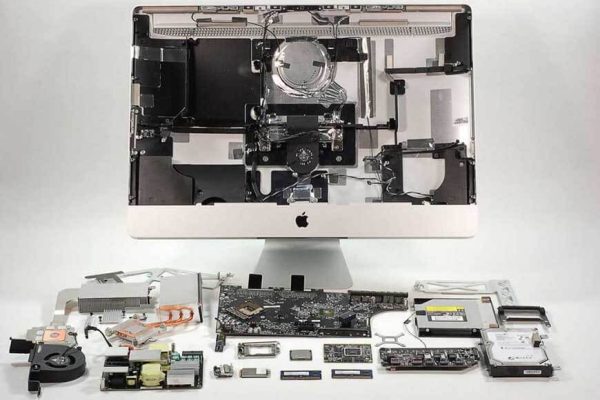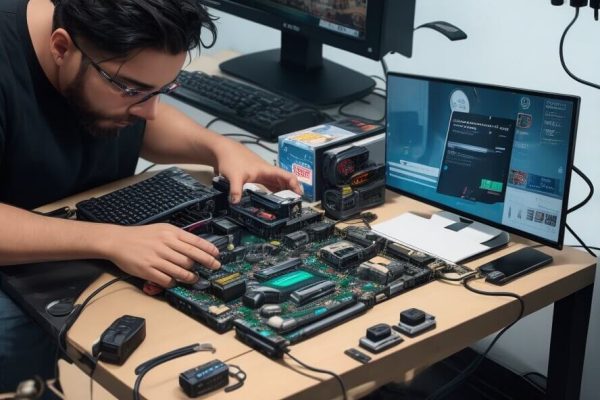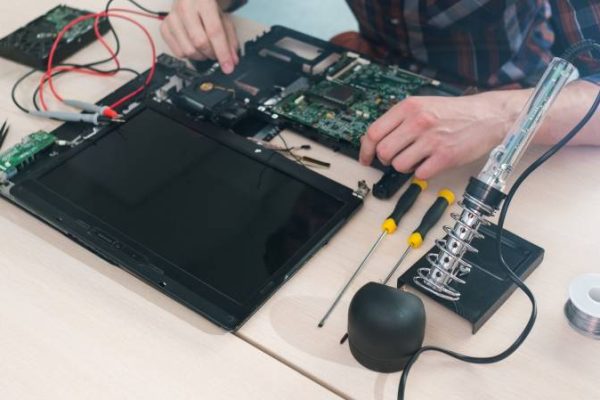WE WISH TO BRING TO YOUR ATTENTION THAT, EFFECTIVE JANUARY 19, 1998, THE FOLLOWING INFORMATION, OR CHANGES HAVE COME INTO EFFECT FOR YOUR AWARENESS AND UNDERSTANDING. PLEASE TAKE NOTE OF THE DETAILS OUTLINED BELOW.
ATTENTION: WARNING ABOUT FRAUDULENT ACTIVITIES CLAIMING ASSOCIATION WITH “THE PC EXPERT LEICESTER”
DEAR VALUED CUSTOMERS,
- We have become aware of a growing scam involving fraudulent individuals or cold callers falsely claiming to be associated with “THE PC EXPERT LEICESTER” These fraudsters are operating independently and are not affiliated with us in any way.
- Their primary aim is to deceive vulnerable or unsuspecting individuals, particularly those who may not be tech-savvy or elderly.
KEY POINTS TO NOTE:
- IDENTITY OF FRAUDULENT CALLERS:
- ORIGIN:
The fraudsters often operate from locations such as India or other Asian countries.
- FALSE CLAIMS:
They might pretend to represent reputable companies, including “THE PC EXPERT LEICESTER,” and employ tactics to appear professional, such as operating from a call centre-like environment.
- NATURE OF THE SCAM:
TYPES OF SCAMS:
- COMPUTER VIRUS/SOFTWARE SERVICE SCAM/FRAUD:
The fraudulent callers claim to identify issues with your computer, creating a sense of urgency to fix non-existent problems.
- REMOTE ACCESS SCAM:
They may request remote access to your computer under false pretences, then charge fees for unnecessary repairs or install malicious software.
- OUR BUSINESS POLICY:
- COMMUNICATION:
“THE PC EXPERT LEICESTER” will never make unsolicited phone calls charging for fake computer fixes.
- OPERATING PROCEDURE:
We operate locally, and our repair services are conducted at our store. Remote access services are not offered.
- CUSTOMER RESPONSIBILITY: Customers are required to bring their PCs for repair to our store and collect them once the issue is resolved.
- PROTECTION MEASURES:
- VERIFICATION:
Always verify the legitimacy of a call or email by independently contacting the company through official channels.
- CAUTION WITH UNSOLICITED CALLS:
Treat all unsolicited phone calls with scepticism, especially if personal information or payment details are requested.
- REPORTING SCAMS:
- ACTION FRAUD: If you encounter suspicious activity, report it to Action Fraud in the UK by calling 0300 123 2040.
- POLICE AWARENESS:
Law enforcement, including the police, is aware of these scams, referred to as “Computer Virus/Software Service Scam/Fraud.”
- ADDITIONAL ADVICE:
- LOCAL REPAIR SHOPS:
Consider local computer repair shops for assistance, especially if uncomfortable with online services.
- VIGILANCE:
Be cautious about picking service providers based solely on search engine results.
- We at ‘THE PC EXPERT LEICESTER’ urge everyone to exercise vigilance and contact us directly through established channels for any legitimate concerns.
- “THE PC EXPERT LEICESTER” is committed to the highest standards of service and will not engage in unsolicited calls or deceptive practices.
For more details and how to avoid them please kindly click on the following for more details:
OUR REPAIR SERVICES OVERVIEW!

LAPTOP REPAIR SERVICE!

APPLE REPAIR SERVICE!

DATA RECOVERY SERVICES!

CUSTOM GAMING PCs!

COMPUTER REPAIR SERVICE!

UPGRADE SERVICES!

ENHANCING SLOW COMPUTERS!

LAPTOP HARDWARE REPAIRS!









